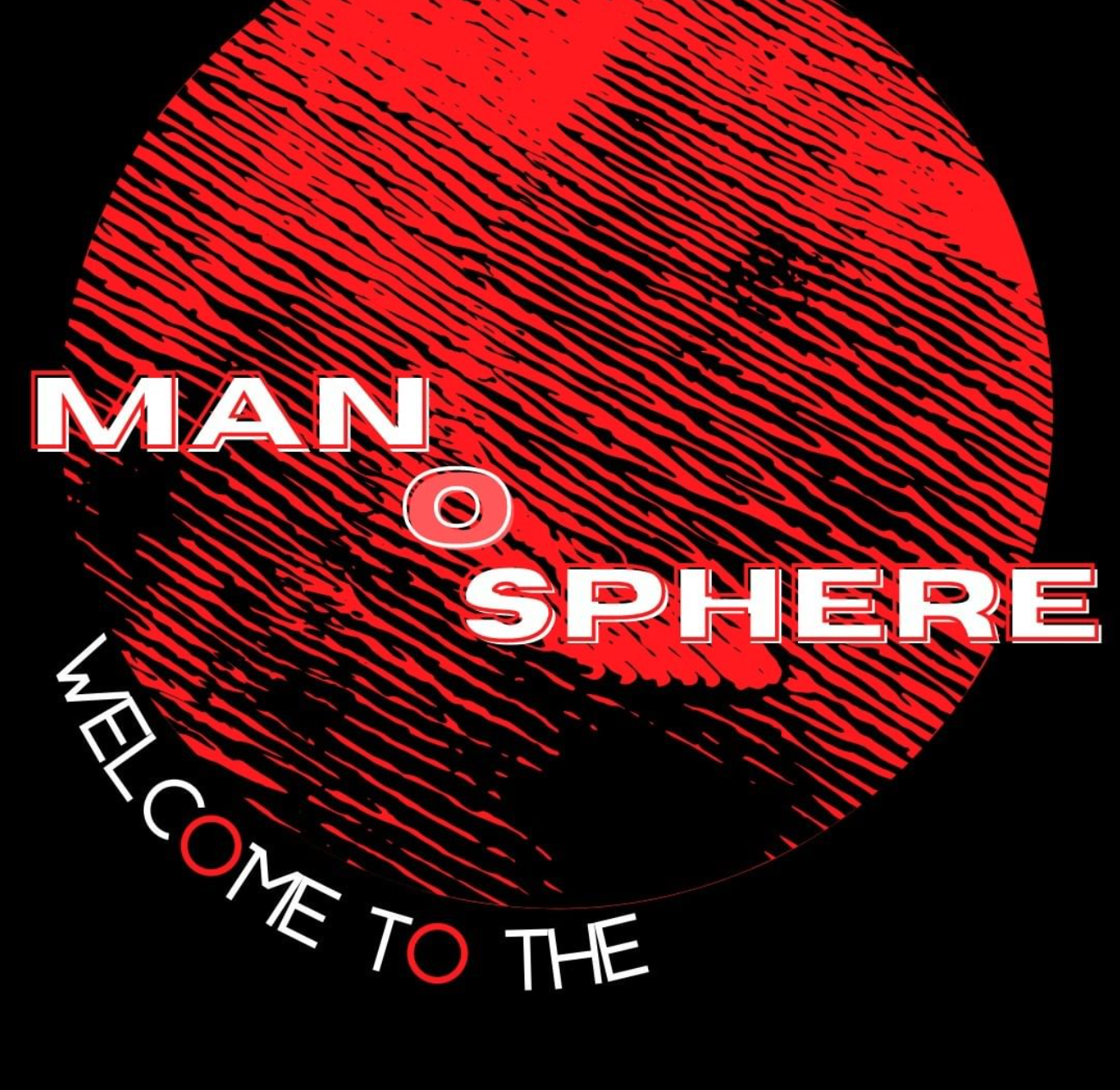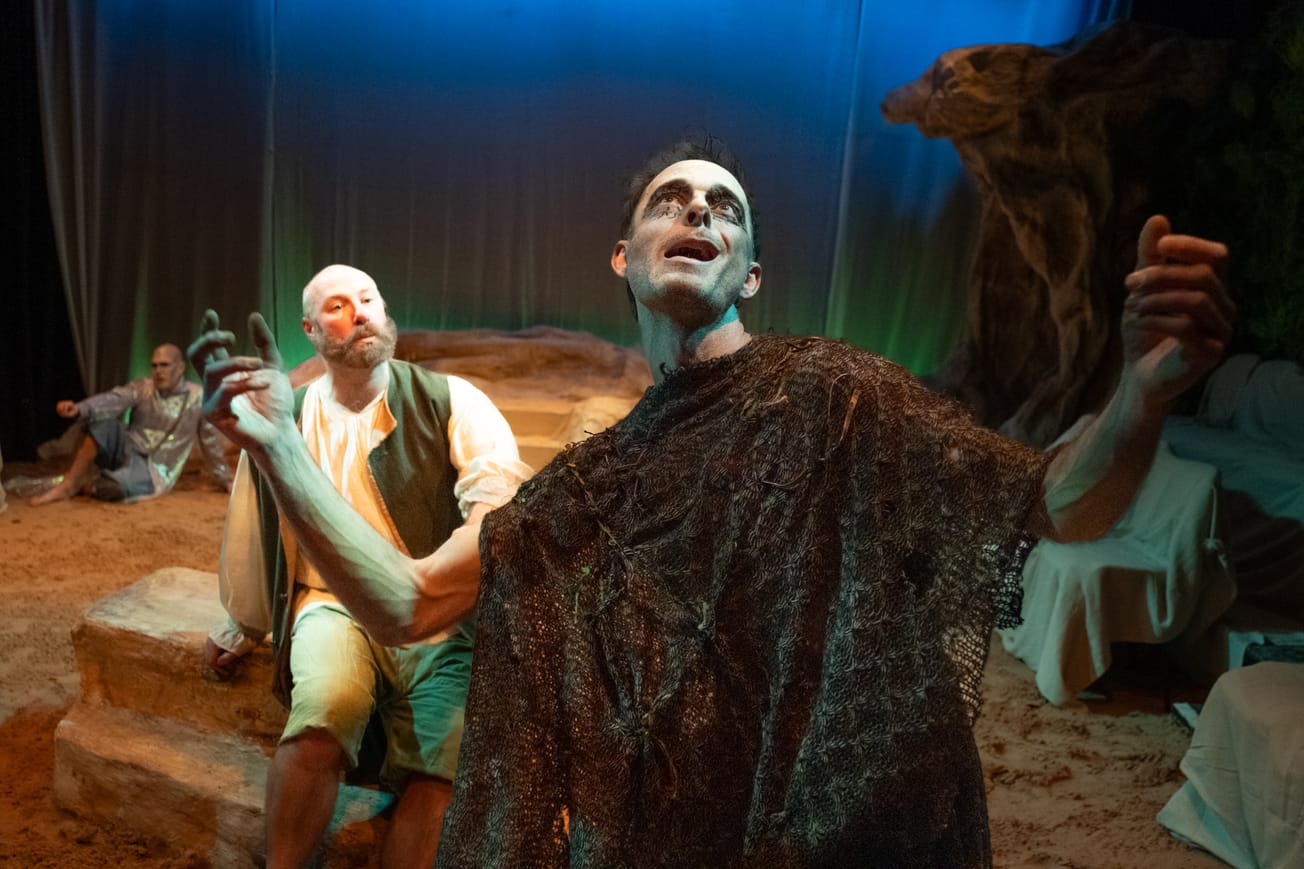By Susanna Chilver, Third Year, Politics and International Relations
Ahead of opening night of DramSoc's latest play, ‘Manosphere’, a play that deals with the world of inceldom and online misogyny, Epigram sat down with the team behind it to find out their inspiration and reflections on devising a script that tackles such tough themes.
The recent rise in misogyny-related acts of terror, as well as rising awareness about the incel (involuntary celibate) community and its insular nature, prompted director Anna Sharp and producer Stan Abbott-Stacey to create theatre that explores this phenomenon, and consider how it affects us all.
Review: 'Dr Semmelweise; @ Bristol Old Vic ★★★★
‘Grayson’s Art Club’ @ Bristol Museum and Art Gallery: Are we ready for pandemic art?
Unlike most pieces put on by DramSoc and Spotlights, Manosphere's script was developed over the rehearsal process: Stan and Anna believed a piece that dealt with such sensitive issues should be created through a process of devising, rather than through a static, rigid script. Right from the audition and throughout the devising process, the cast responded to stimuli sourced by dramaturg Ella Hakin, working with Stan and Anna to come up with an exciting piece which respects boundaries and avoids gratuity while remaining thought-provoking, delicate and suspenseful.
‘It’s been really nice, when dealing with themes and issues as sensitive as these, to come to a rehearsal and be able to talk with people who are as passionate about the issues as we are.’ The importance of friendships and close relationships when making Manosphere can be seen in the familiar humour shared between Stan and Anna, the adoring way they speak of their cast and crew, and it is easy to gain a sense of the closeness and respect all involved feel for each other. It truly seems as though Manosphere has been more of a combined, group effort, rather than the artistic pursuit of the duo behind it.
Interestingly, an area of the process that Stan and Anna continually emphasise is that of ‘de-roleing’, where an actor has time at the end of rehearsal to take a breath and find a way to leave the actor behind in the rehearsal room. ‘In a piece like Manosphere, where the actors are embodying disagreeable, not-very-nice people – and especially when devising and improvising, where you really have to get into the mindset of the character and become them… we noticed it was difficult for the actors to step out of the role. Thinking about those themes constantly is quite a difficult thing’, Stan explains.
Mental wellbeing – as it has to be – remained at the forefront of the production process, and once again the need for community in this production was highlighted. Rewardingly, the process of such intense characterisation, the act of devising, and the closeness between the cast and crew results in a play where each of the cast and crew members feel a sense of ownership, as each is ‘equally invested’ in the outcome: the outcome being both the performance, and the thoughts and feelings the audience are left with.
Something that Anna points out really sticks in my mind. She dissects the contrasts between inceldom and the act of-theatre making, and thus succinctly packages exactly why it is so important for a play like Manosphere to be put on: ‘inceldom, and the manosphere, are the opposite of theatre. Inceldom is straight [or, at least, it certainly exposes the darkest side of toxic, twenty-first century heterosexuality]; for me, at least, theatre is queer. Inceldom is isolating; theatre is all about collaboration. Inceldom is brand new [a brand new, internet-oriented arm of extreme patriarchy]; theatre is ancient.’ The polarity that Anna so brilliantly articulates show how theatre wields power and is the perfect environment for a discussion on topics such as these to be held.
‘Theatre is about asking questions, not giving answers. We want this piece to be thought-provoking’
To be sure, there is the risk that an echo chamber to be created: student theatre can attract audiences that share similar, socially liberal views. However, Stan and Anna are one step ahead: specifically to avoid an echo chamber, they made a point, when collecting stimuli and content for the production, of interviewing members of the student body from across the political spectrum to gain a balanced perspective. This means that the conversation can spread around the student body, and reach as many people as possible.
When I ask if there is a specific message they wish for an audience to come away with, Anna gives a stark response: ‘Theatre is about asking questions, not giving answers. We want this piece to be thought-provoking, with the audience leaving with more questions, more curiosity, and the desire to start conversations with those around them.’
‘Manosphere’ plays at The Winston Theatre 3rd-5th February
Featured Image: Manosphere
Have you heard of the manosphere? Or incel culture?








